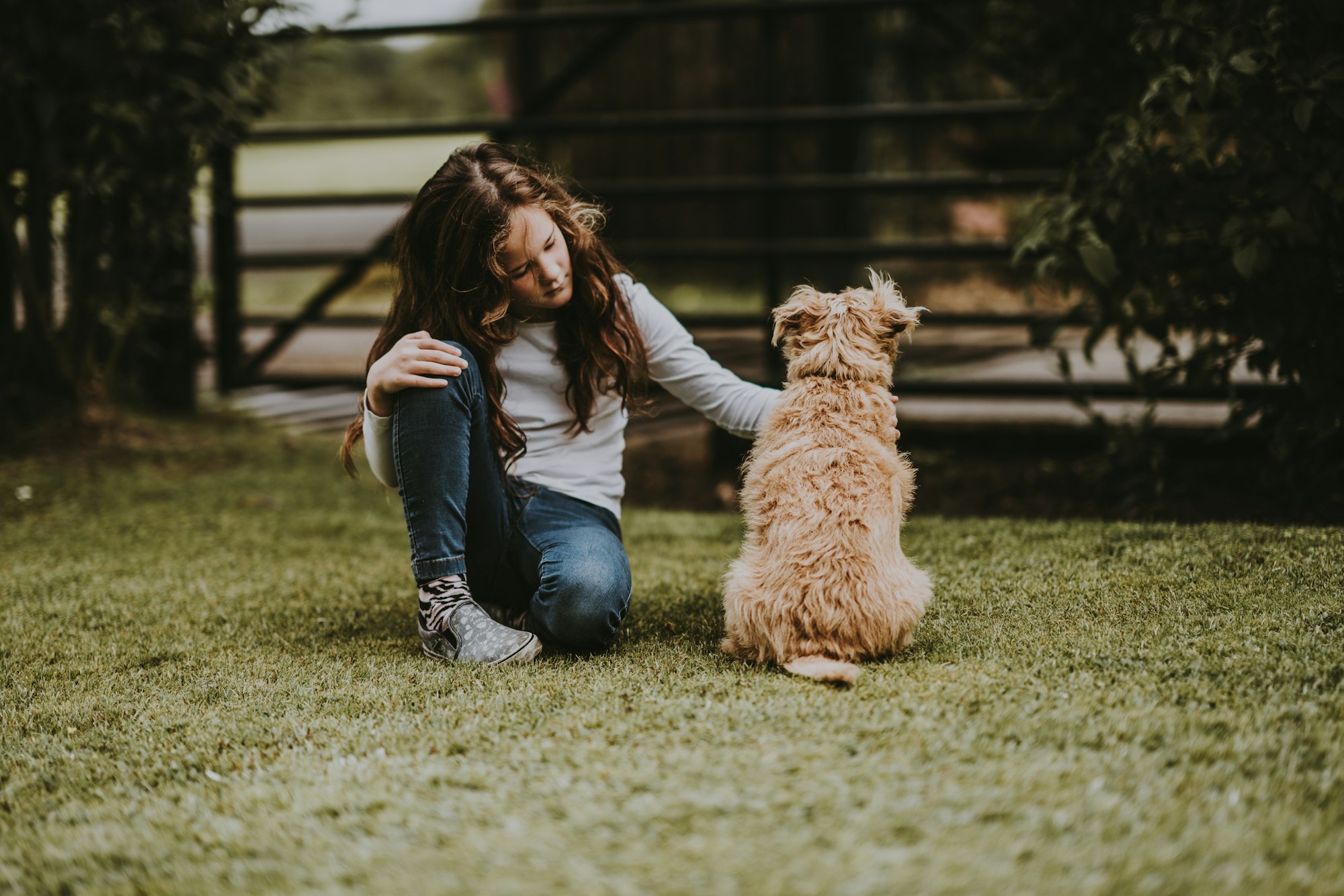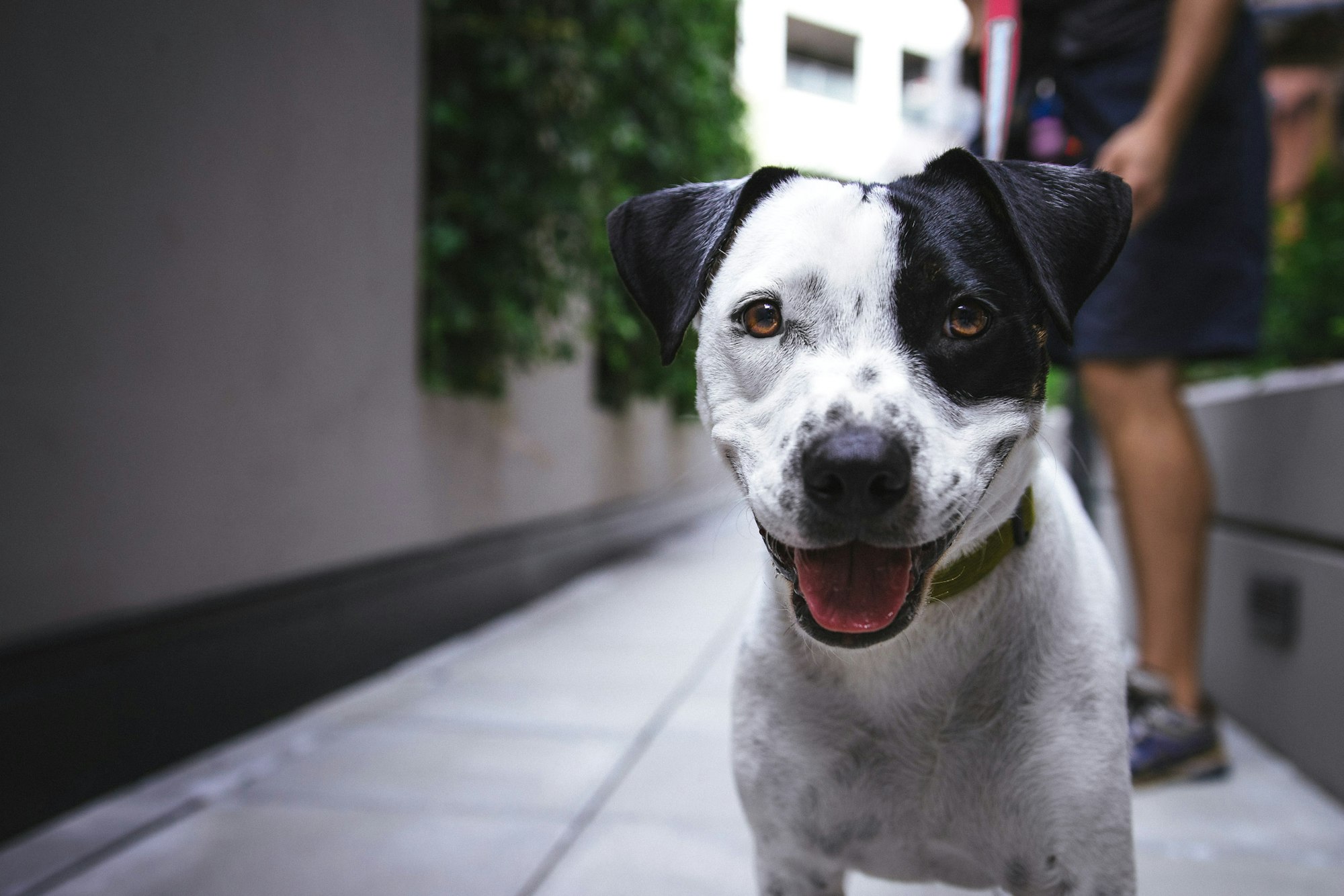So, you've made the big decision that a therapy dog would help make your life or the lives of others better. Whether it was a recommendation from a therapist or a counselor, or you just want to bring a little more light into the world, therapy dogs can be a great help for many people.
This article will cover what a therapy dog is, what attributes your pet should have, and how to take the very first steps on the therapy dog journey. Of course, you should always refer to a professional if this is a route that you are interested in.
What is a Therapy Dog?
The short and sweet answer is that a therapy dog is a dog who has been trained to visit and sit with people in situations which may be stressful. This can include people in the hospital, long-term care facilities, schools during testing, and many more. These dogs are not trained as Service Dogs.
As a therapy dog owner, your role will be to accompany your pet into these places and bring a welcoming smile with you. You will be able to give back to your community by providing a valuable service and your time.

What Qualities Should My Dog Have?
Becoming a therapy dog trainer can have great rewards for both you, your pet, and your community. But, while this path can be very rewarding, it's not for everyone.
Check with your preferred volunteer facility about your dog's breed and make sure your breed is a good match for their needs. They may not have the space to host a large breed, or they may have restrictions on certain breeds.
Staying Calm
A therapy dog must first and foremost be calm and collected at all times. They can be your best friend and bring you tons of comfort, but that doesn't mean they have the ability to stay still and be pet in a constantly changing situation. Your dog will need to be able to stay calm and obey direction in the following scenarios:
- Meeting new people
- Meeting new dogs
- Entering a new building or room
- Being around healthcare equipment
- Having children tug or push on them
- Staying calm when someone new enters a room
These are just a few possible scenarios your dog may encounter as a therapy dog, so you'll have to be prepared for all of this and more.

Loves Interacting with People
My German Shepherd is a wonderful dog, and very well behaved, but she would make a terrible therapy dog. She just does not like to be pet. Instead, she wants to be close to you, happily tucked into a corner where she can watch all the goings on around the house. To be a good therapy dog, your pet needs to love to be loved.
Clean
No one wants to pet Fido right after he's rolled in his favorite smelly spot. That goes the same for bringing a possible source of germs into a place where patients may have compromised immune systems. You will have to be dedicated to keeping your pet clean, well-groomed, smelling great.
How To Get Started
You've decided your pet meets these basic standards, but what now? The first thing to do is find a local trainer who specialized in obedience training for therapy dogs. In order to be certified, your pup will have to be an adult, but it's never too early to start obedience training. During training you will also learn how to behave in specific situations and what is needed of you as a therapy dog owner.

Certification
Therapy dogs have to be properly certified in order to work. These requirements may also be different in each state or city. Make sure to do your own research as well. Certification usually requires a certification body to come out and assess your training and your dog’s qualifications. One tip would be to contact the facility where you would like to volunteer and ask them for the contact information of their favorite certification body. Make sure to do your research and take your time, certification doesn't happen overnight.
Congratulations on wanting to begin the new and rewarding journey into the world of therapy dogs. It can bring so much fulfillment to you and your pet.






